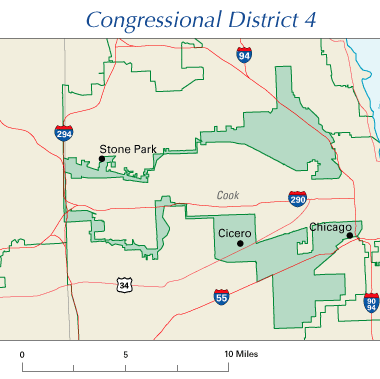On November 5, a Tennessee judge declined to an issue an injunction that would have forced the Secretary of State to comply with the Tennessee Voter Confidence Act passed in 2008. The act requires all 95 counties to discard electronic voting machines in favor of paper ballots. Understandably, the act has become an extremely controversial issue in Tennessee politics.
The Tennessee Voter Confidence Act (TVCA) passed nearly unanimously last year in response to growing fears over the integrity and security of electronic voting machines. Tennessee was recently rated by the organization Gathering to Save Our Democracy as one of the eight states in the nation most vulnerable to vote-counting abuse because of its reliance on computerized systems. Currently, 93 of the 95 counties in Tennessee use some form of electronic voting machine or touch-screen system that records votes but does not produce an individual paper record of each vote. The act requires a move to paper ballots read by optical scanners, which would allow for a paper trail and eliminate the corruption and abuse concerns associated with computerized systems. When it was first presented to the legislature, the TVCA had bipartisan support in both houses of the legislature, and was passed by an overwhelming majority. [Read more…] about The Tennessee Voter Confidence Act
because of its reliance on computerized systems. Currently, 93 of the 95 counties in Tennessee use some form of electronic voting machine or touch-screen system that records votes but does not produce an individual paper record of each vote. The act requires a move to paper ballots read by optical scanners, which would allow for a paper trail and eliminate the corruption and abuse concerns associated with computerized systems. When it was first presented to the legislature, the TVCA had bipartisan support in both houses of the legislature, and was passed by an overwhelming majority. [Read more…] about The Tennessee Voter Confidence Act



 n Virginia, nearly 2,000 ballots cast by voters overseas were initially not counted in last year’s general election.
n Virginia, nearly 2,000 ballots cast by voters overseas were initially not counted in last year’s general election.